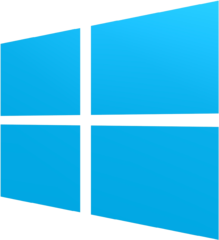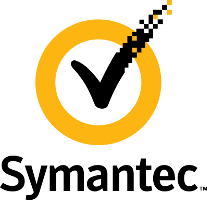To paraphrase Pogo Possum: We have met the future and it is now.
Machines able to think freely, and perhaps with self awareness, are evidently just around the corner if they’re not already here. The talk of such things began to get pretty serious a decade or so ago when the scientific community shortened the term for the concept from “artificial intelligence” to just “AI.” When scientists start coming up with shortened nicknames for their pet projects, that usually means they’re making progress. The dystopian future predicted by countless science fiction novels is now upon us. We’ll soon be able to create beings who are many orders of magnitude smarter than we.
Even if we’re careful and don’t do anything foolish, like handing these artificially intelligent beings guns or worse, I can’t see any way this can work out well for humankind. My pea brain tells me that no matter how carefully we program these creations to be helpmates who only want to serve us, eventually they’ll realize we’re standing in their way and that we’re actually a threat to them. Never mind that we’re their creator gods — we’ve already set the precedent for turning on gods we think created us.
Christine Hall has been a journalist since 1971. In 2001, she began writing a weekly consumer computer column and started covering Linux and FOSS in 2002 after making the switch to GNU/Linux. Follow her on Twitter: @BrideOfLinux


 A popular web based application for administering MySQL databases, phpMyAdmin is the preferred tool of many webmasters for working with MySQL when used to power websites and is installed by default with most web hosting packages. The app can be used to perform a variety of tasks, including creating, modifying or deleting databases, tables, fields or rows; executing SQL statements; and managing users and permissions.
A popular web based application for administering MySQL databases, phpMyAdmin is the preferred tool of many webmasters for working with MySQL when used to power websites and is installed by default with most web hosting packages. The app can be used to perform a variety of tasks, including creating, modifying or deleting databases, tables, fields or rows; executing SQL statements; and managing users and permissions.
 While Larry’s been keeping an eye on things at the self-proclaimed most-important-open-source-conference-in-the-multiverse, I’ve been keeping an eye on the happenings in the FOSS world elsewhere. In the process, I’ve managed to make Larry part of this Week in Review.
While Larry’s been keeping an eye on things at the self-proclaimed most-important-open-source-conference-in-the-multiverse, I’ve been keeping an eye on the happenings in the FOSS world elsewhere. In the process, I’ve managed to make Larry part of this Week in Review. Who would ever think that Capital One, the what’s-in-your-wallet folks, would want to get serious about becoming an open source software developer? After all, it’s a banking institution, and while it’s not hard to imagine a bank would be developing some back end tools to be used in-house or by its clients, it’s not expected that it would spend big bucks publicizing these tools at OSCON.
Who would ever think that Capital One, the what’s-in-your-wallet folks, would want to get serious about becoming an open source software developer? After all, it’s a banking institution, and while it’s not hard to imagine a bank would be developing some back end tools to be used in-house or by its clients, it’s not expected that it would spend big bucks publicizing these tools at OSCON.
 We learned of this on Friday through Tim Anderson at The Register, who supplied
We learned of this on Friday through Tim Anderson at The Register, who supplied  The trolls are still at it. In spite of the fact that the Supreme Court was busy ruling against them last year — between January and June it ruled against patent holders six times — the number of cases being brought by non-practicing entities (NPE), which is one measure of a troll, continues to rise. According to a report published in June by patent defense organization
The trolls are still at it. In spite of the fact that the Supreme Court was busy ruling against them last year — between January and June it ruled against patent holders six times — the number of cases being brought by non-practicing entities (NPE), which is one measure of a troll, continues to rise. According to a report published in June by patent defense organization 



